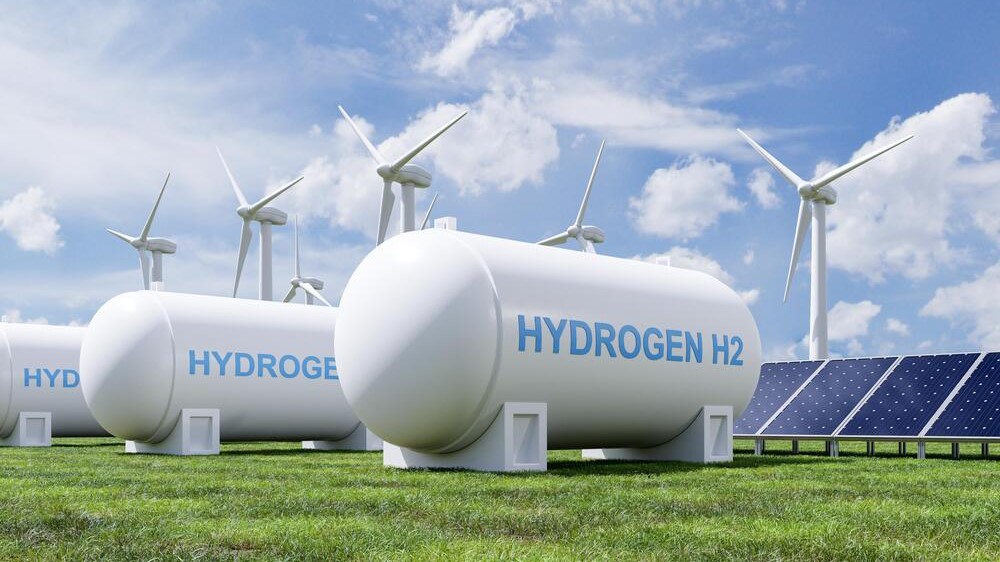Hydrogen and its derivatives will have a critically important role to play in accelerating the energy transition but policymakers need to be more realistic given that many of the technologies are still in their infancy, energy industry leaders from the Middle East and Europe said at a special meeting of the World Economic Forum in the Saudi capital Riyadh.
The UAE is planning to produce 1.4mn t/yr of hydrogen by 2031, more than 70pc of which will be green hydrogen, al-Mazrouei said. In the longer term the country aims to build its hydrogen capacity to 15mn t/yr by 2050.
The EU has set ambitious targets on renewable hydrogen. In 2022, the bloc doubled its 2030 production target to 10mn t/yr, from 5.6mn t/yr previously, and it is also working towards a separate pledge to import another 10mn t/yr by the same date.
The production target is an unrealistic goal, according to the Saudi energy minister. “Those projects that have crossed the finishing line only come to 400,000t ꟷ around 4pc of the target,” Prince Abdulaziz said. “How is it conceivable that in 2024, only 4pc has been achieved? How can people imagine that 10mn t/yr can be achieved?”
TotalEnergies chief executive Patrick Pouyanne, who was speaking on the same panel, was even more blunt in his assessment, describing the EU’s target as “impossible” and “not in reality”.
Tags: Green Hydrogen, Industry, TotalEnergies, UAE



Recent Posts
Report Highlights Pathway for Electrifying Nigeria’s Container Trade Sector
South Korean Company YPP Plans to Invest up to $3.1 Billion in Green Hydrogen Production in Kazakhstan
WattEV Expands Electric Truck Charging Network with Three New Depots in California
Anemoi Develops New Method to Accurately Measure Wind-Assisted Propulsion Benefits
Navigator Holdings and Amon Maritime Form Joint Venture for Ammonia-Fuelled Carrier Fleet
Hygenco Commissions Maharashtra’s First Green Hydrogen and Oxygen Facility to Power STL’s Net Zero Goals
India Invites Second Round of R&D Proposals Under ₹4 Billion Green Hydrogen Mission
BMTC Adds 148 Tata Electric Buses to Bengaluru Fleet, Strengthens Green Mobility Drive